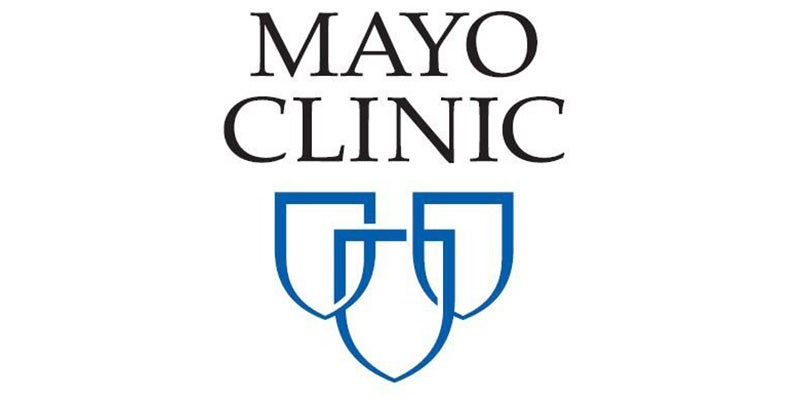Mayo Clinic Health System; Check-ups offered for school-age children
Published 8:49 am Thursday, July 13, 2017
Mayo Clinic Health System — Austin
For most students, the previous school year is a distant memory as summer vacation is in full force. Summer is also a great time to make sure your children are up-to-date on their immunizations before the back-to-school rush begins.
“It is a good idea for parents to schedule a school physical every other year after age 6,” says Dr. Vijay Chawla, a pediatrician at Mayo Clinic Health System. “The needs of each child are unique, so taking the time to discuss the following topics in-depth ensures all health and safety factors are addressed as your child grows.”
Opportunity to check developmental processes
During a routine physical, your primary care provider will check growth, development and all of your child’s body systems to ensure there are no apparent problems. Your child’s vision and hearing will be examined during their routine physical as well. This allows you to catch any problems early and get your child the best early intervention resources available before the next school year starts. In addition, it will help to prevent any long-term health problems.
Immunizations
A physical involves checking your child’s immunization records to ensure that he or she is up to date with all required immunizations. Your child’s school will require this information before admitting your child.
Safety information
Injury prevention can help keep your child safe. Safe behaviors, such as wearing a helmet, using a seatbelt or securing firearms in the home may be discussed during your child’s physical. In addition, when teenagers begin to drive a motor vehicle it is important to discuss driving safely and avoiding cell phone use behind the wheel. These all are good reminders for behaviors that will keep your child safe over the summer and the coming years.
Nutritional needs
Healthy eating habits are important for a child’s growth and development. Your provider will give you tips for meeting your child’s age-appropriate nutritional needs. A well-balanced plate includes protein, complex carbs, fruits, veggies, and small portions of dairy. To support optimal growth and development, encourage your child to eat five fruits or vegetables each day. Refraining from carbonated drinks and juice and limiting unhealthy snack can help prevent childhood obesity.
Physical activity
Children enjoy play time, so keep your child moving and designate plenty of physical activity time. In general, 60 minutes of physical activity each day is recommended for school-age children. Your child’s provider may suggest incorporating organized games and activities, allocating age-appropriate chores and limiting screen time to less than two hours per day. At your child’s visit, the provider may also discuss sleep routine and the importance of maintaining a consistent bedtime, even during the summer months.
Concerns for student athletes
Student athletes may need additional discussion about healthy eating, safe exercise practices or how to manage a physical condition while playing sports. Athletes may also have special dietary needs. Hydration during sports activities is also an important consideration, especially when playing in the summer heat. Getting an injury checked early on can help ensure your child is recovering properly and ready to play again this fall. Your child’s provider may also discuss concussions and prevention of sports-related injuries.
How to get the most from a back-to-school physical
The best way to maximize the effectiveness of the school physical is to go in with a plan. Make a list of questions you have about your child’s health. Do you have specific concerns about your child’s health or development? Is your child falling behind in some way? Keep in mind that apparent cognitive or behavioral problems, such as being distracted or disruptive in class, sometimes can have physical origins, such as poor eyesight. Think about the following problems:
•Has your child complained of any pain, fatigue, dizziness or digestive problems?
•Has your child reached important developmental milestones on time?
•Has your child experienced any learning difficulties or other classroom problems?
•Have your child’s eating habits changed?
•Does your child seem anxious or depressed?
•How well does your child sleep?
“Many of these points will be addressed by your child’s provider during the exam,” says Chawla. “But be sure to ask questions and raise any concerns you have to ensure your child has a healthy and safe summer and is well-prepared for the next school year in the fall.”
You can schedule your child’s visit with his or her primary care provider. In Albert Lea, call 507-373-2384 and in Austin call 507-433-8758.




